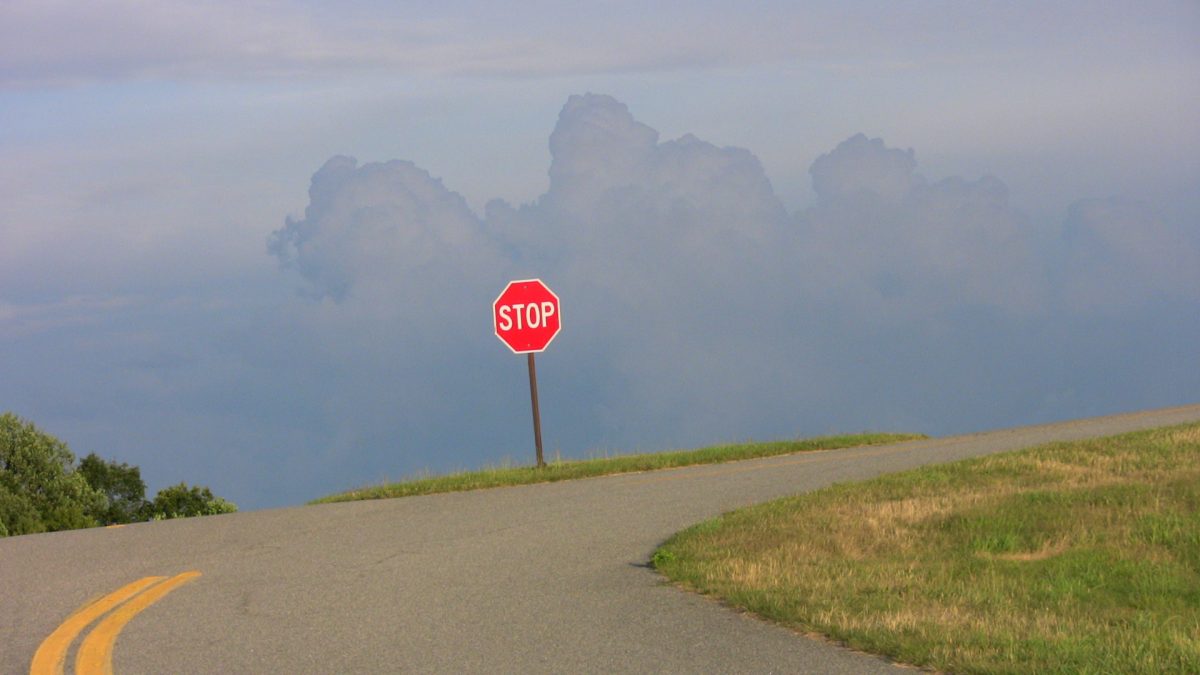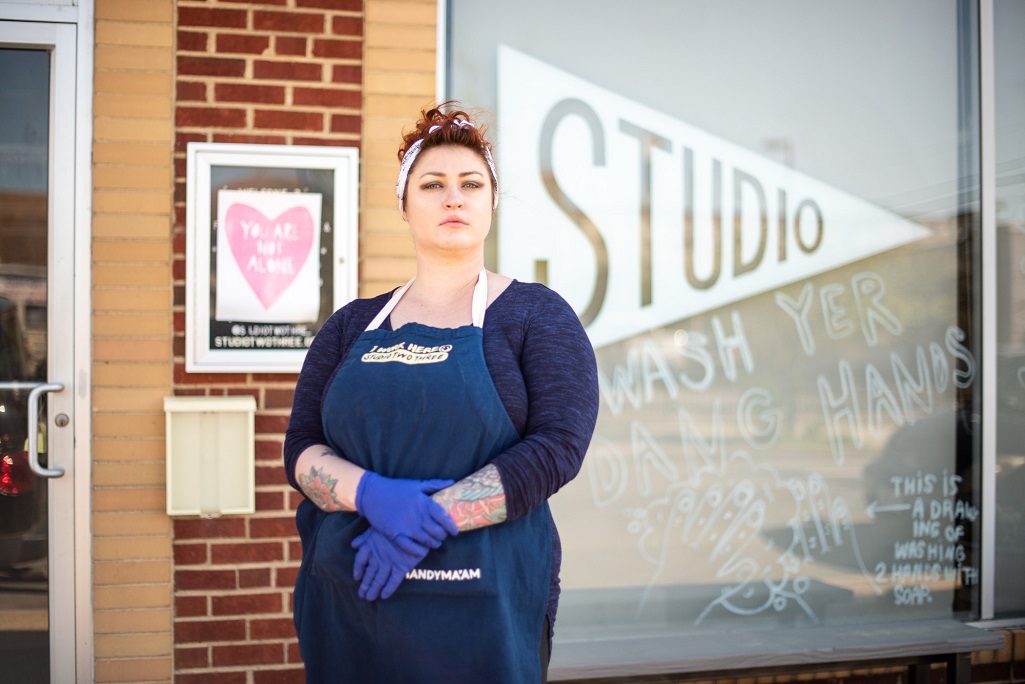With the threat of coronavirus keeping everyone at home this spring, Virginia's tourism industry -- a significant piece of the state's overall economy -- is taking a major hit. Can it weather the storm? Michael Moore has always enjoyed his job as wine trail guide with...




